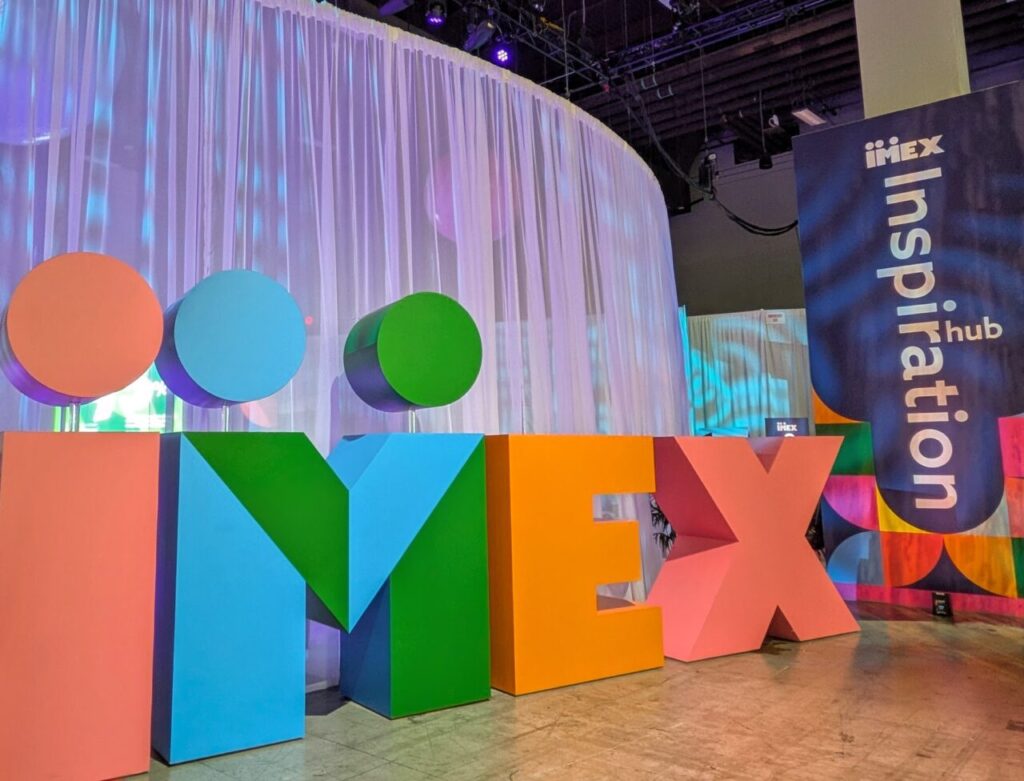Just imagine a year from now, looking back on what was written about Yahoo-Microsoft. Imagine in three years. Will it become the next AOL-TimeWarner or perhaps the next Daimler-Chrysler? In Part 1 of our week 1 coverage of the interne’s version of Super Tuesday, in this case a Friday, we saw everything from initial coverage to postulations of the merger’s inevitable demise. After the weekend to rest up, the commentator’s come out swinging.
February 4
Nothing from Google so far, until today when coverage of statements the Microsoft of the Internet make the rounds calling the potential merger a threat to competition. As found in the International Herald Tribune, "Google said in a blog post on its Web site that given Microsoft’s anti-competitive conduct in the past and its continued dominance in the technology industry, the proposed transaction could pose threats to ‘innovation and openness’ on the Internet." Where are they so powerful? Take a guess. Not search or display. Got it? IM and email. That Google would complain only mirror’s Microsoft’s noise regarding Google’s acquisition of DoubleClick. Read this piece by Robert Scoble, former Microsoft technologist and super blogger, "What you are all missing about Google" where he discusses how the deal is not only nonthreatening but that Google doesn’t really care whether it goes through and that any complaints they make do not mirror their internal feelings, i.e. "micro-ya-who?" Newspapers might not be taking such a lax attitude though, as more than one-third have joined the Yahoo consortium where Yahoo gains ad inventory and classified listing space.
Thanks to a graph by Nielsen running in the Wall Street Journal, we see that combined, Yahoo’s 190mm users and Microsoft’s 260mm would combine for just under 290mm, eclipsing Google’s 273mm, but does portal plus portal really help either make the leap forward. Both have taken strides to become platforms for third-party distribution much the way Google did with AdSense, but neither company has the fluidity and market dynamics from Google. To which another article in the Journal discusses how to achieve success, something echoed in our closing lines. It doesn’t matter whether they merge Yahoo and Hotmail, Yahoo IM and MSN Messenger, but the ad platforms. Don’t forget though, as MediaWeek covers, their bread and butter to date, the portals. Will it be the end of the portal as we know it or the beginning of a new era? They won’t just have the largest portal traffic, email, or IM. They also take the lead in a leading edge inventory source, mobile, so reports Fortune. Microsoft has the phones and operating system while Yahoo adds innovative applications to the mix, not just Microsoft’s mobile-sized versions of Office. The two combined might help Microsoft capture more than its 9% of the mobile market share and ultimately ad revenue on mobile devices. The $44+ billion price tag also means that Microsoft would borrow money for the first time in its history instead of using up its $21 billion in cash on the 50% cash piece.
February 5
Monday proved a content rich day with topics ranging from Google’s public response, their true internal feelings, the impact on deals in place, integration issues, financing for the deal, and then some. On this Super Tuesday we hear CNN Money’s report that Murdoch will not save Yahoo from Microsoft, or at least help drive up the price by joining a bidding war. Murdoch has equal disinterest in others, also adding that he would not purchase AOL, although the thought of AOL and MySpace makes for some humorous thoughts. Calling it AOL though doesn’t do justice to the real assets, the multiple advertising companies in AOL’s Platform A, a sightly more product rich version of Valueclick.
Red Herring provides a further look at a topic covered yesterday by Fortune on Microsoft, Yahoo, and mobile. With so many pieces to each company; it quickly gets both overwhelming and easy to lose sight of their combined impact. Ad revenue on cell phones makes up less than 1% of the total, and this bet with Yahoo might give Microsoft a chance to fair better as that market matures than they have with the PC Internet advertising market. It’s not all about mobile, though, as covered in the Washington Post. They make the point that we all really want to hear, that this bid doesn’t represent a bubble bid but another validation of the future growth we can expect to see online.
While this article in the WSJ doesn’t say as much, it helps you stop and think about what other companies could use Yahoo. After reading it, we think an enabler of online usage like AT&T seems like a much better if not more interesting, albeit less dramatic fit – no duplication, only enhancements and exposure into new areas like IPTV.
February 6
Bloomberg leads with "Microsoft-Yahoo Link Up Might Shut Google Out of Display." While Google makes a tremendous amount of money from ad space that typically went to display ads, i.e., their contextual text ads run in 728×90 ad units, with display back in vogue, Google has looked to capture more of this market. While they make more on display ads than any other ad network, considering the total percentage contribution, outsiders still consider Google unsuccessful in display. Together though, a Microsoft-Yahoo combination would create a player that has, depending on how you view it, only 25% of the display market.
No matter how it shakes out, (hopefully better than these four super acquisitions) recession be damned, we live in exciting times, and it only means more opportunity not fewer. Display is a mess. It’s complex, slow moving, hardly granular – perfect for branded campaigns. If the two together can create a system that starts to mirror search in the ease of use and segmentation it will open up a whole world of advertisers and monetization. From the outside though, this seems like a daunting task. Could you try to imagine integrating the two companies – from size to technology (open source or Microsoft specific languages, Panama or adCenter, Right Media or Atlas, etc.). It might save $1 billion, but how much will it cost to do so? As AOL decided early on in its acquisition of Advertising.com, the future is the ad platform. This isn’t about content but about who will become the distribution channel of ads on all content – internal and external. Crazy as it sounds, we’ll know for sure whether Microsoft becomes the next H-P (rising from the dead against Dell) or Gateway.
Perhaps the best line so far comes from Rob Hof of Business Week, saying "…despite all the missteps, few people would have imagined that Yahoo would become nothing more than a pawn in the titanic struggle between Google and Microsoft to define and dominate the future of the Internet." Or, as Michael Arrington of TechCrunch fame slightly less eloquently states, "Whatever happens, the salad days for Yahoo are long gone. 2008 will be the year Yahoo ceased to be one of the big independent Internet heavyweights. They’ll almost certainly become an operating subsidiary of Microsoft, or Google’s whipping boy." Yahoo didn’t do anything wrong. They created the first major Internet company that someone still values at $44 billion, but they became eclipsed by a $150 billion dollar Internet only firm and now stand in between the new giant and the incumbent, a $260 billion dollar almost all PC one that sees its future threatened. And, when people’s power feels threatened, we know what happens. They start a war.
 Network
Network

